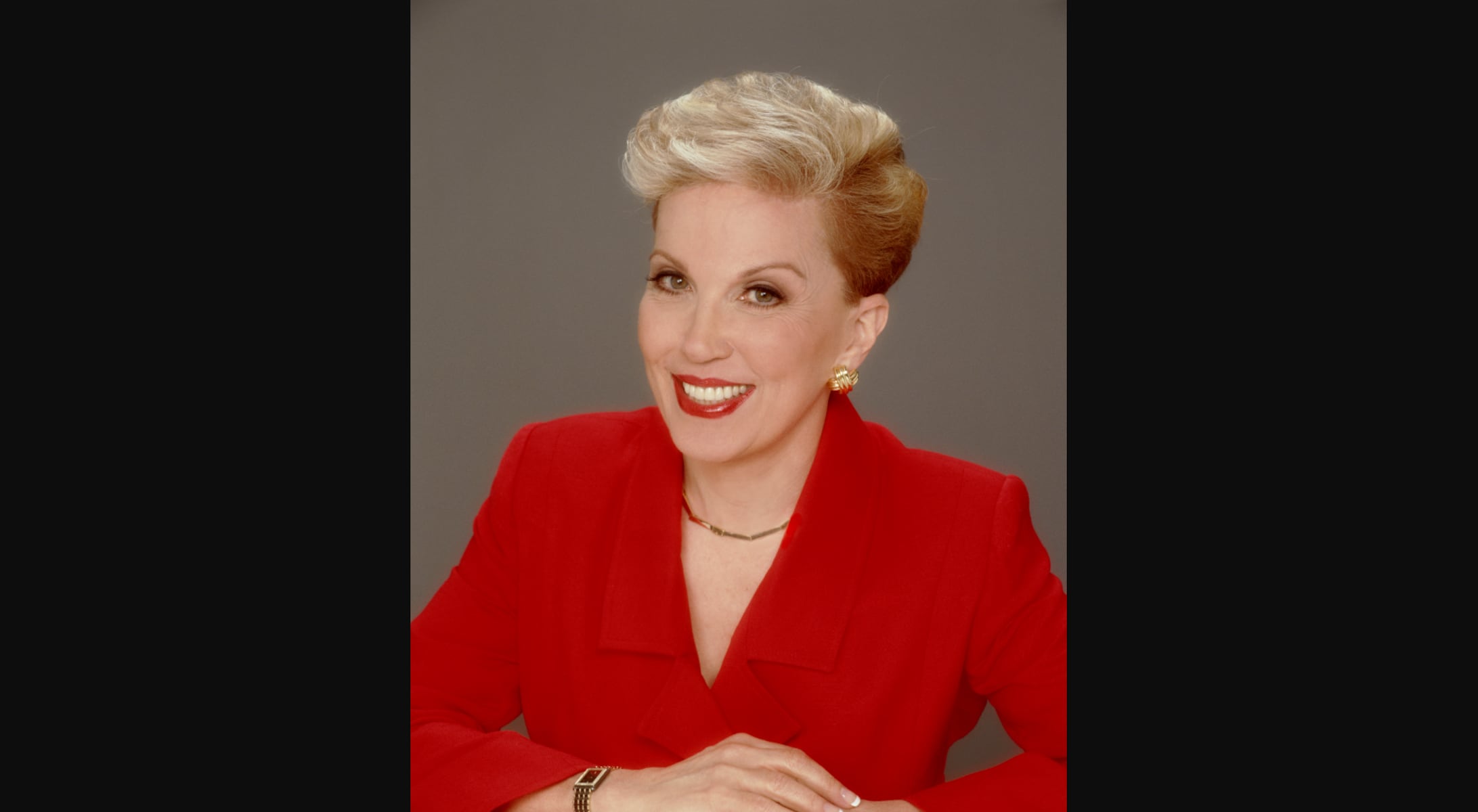A woman from Florida is facing a challenging emotional dilemma as her ex-husband, who was unsupportive during her battle with breast cancer, expresses a desire to rekindle their relationship. After enduring 36 years of marriage marked by controlling behavior and financial irresponsibility, she divorced him three years ago, largely due to his gambling addiction and lack of support. Now, as she navigates the complexities of her recovery, he wants to return to her life.
Background of Their Relationship
The couple immigrated to the United States 27 years ago, with the woman taking on the role of provider. Throughout their marriage, she worked tirelessly to support the family while her husband did not contribute financially. Their son, now 33, has no relationship with his father, who has been largely absent from his life.
During a particularly trying time—her breast cancer diagnosis two years ago—the woman experienced emotional abandonment. After her first round of chemotherapy, her ex-husband’s cruel behavior prompted her to ask him to leave their shared home. For nearly a year, they had no contact until a chance encounter in a store reignited their communication.
Conflicting Emotions and Advice
During their recent interactions, her ex-husband displayed visible remorse, reportedly crying upon seeing her altered appearance post-treatment. While he expresses a desire to reunite, their son strongly opposes the idea, believing his father seeks a comfortable refuge rather than a genuine commitment to change.
In her letter to the advice column “Dear Abby,” the woman shared her confusion over the situation, acknowledging that deep down, she knows her ex-husband may not have changed. Abby, known for her straightforward guidance, emphasized the importance of listening to her son’s advice and focusing on her own well-being.
“Your ex-husband abandoned you while you were in treatment for cancer. Please, for your own sake, LISTEN TO YOUR SON,” Abby advised. She urged the woman to reflect on the reasons for their divorce, highlighting her ex-husband’s controlling nature and financial irresponsibility.
Abby encouraged her to prioritize nurturing relationships that are mutually supportive, suggesting that doing so would lead to greater happiness and fulfillment in her life.
This situation raises important questions about forgiveness, personal growth, and the complexities of relationships, particularly in the wake of trauma. As the woman contemplates her future, she must weigh the potential for reconciliation against the painful history that still looms large.
For those seeking advice or insights on similar situations, “Dear Abby” is a long-standing resource founded by Pauline Phillips and currently written by her daughter, Jeanne Phillips. Readers can reach out for guidance at www.DearAbby.com or by mail at P.O. Box 69440, Los Angeles, CA 90069.





































































